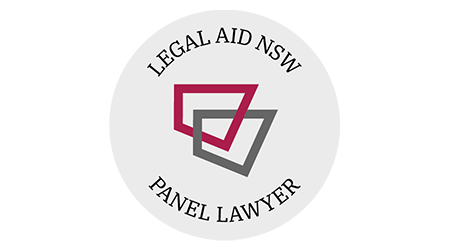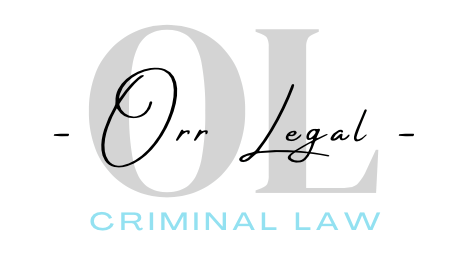Imagine walking home on a Friday evening when your otherwise quiet neighbourhood becomes a distressing setting of a public disturbance. This public display of violent disorder towards bystanders, other individuals or even public property is a serious concern that needs to be considered.
In this particular case, this particular action can be considered as the offence, “affray.”
What is affray?
Under section 93C of the Crimes Act 1900, affray can be defined as the unlawful use of violence (or threat of violence) towards another person, in circumstances where that conduct would cause a person of reasonable firmness present at the scene to fear for his or her personal safety is guilty of affray and liable to imprisonment for 10 years.
Affray is considered a serious offence because it is a felonious act against public peace and order.
What are common examples of affray?
Affray can be shown in these situations:
- Fighting in a public setting like bars, parks, or pubs.
- Involvement in a violent public protest or public demonstration.
- Threatening violence against an individual where other people can be affected (e.g. workplace).
- Road rage
What are the elements of the offence affray?
If the police charge you with an affray offence, the prosecution needs to prove, beyond a reasonable doubt, the elements listed below.
- You used violence or threatened to use violence towards an individual.
- You intended to use violence or threatened to use violence.
- Your actions are without a lawful excuse.
- Your actions would cause a person to reasonably fear for their personal safety.
Making verbal threats are not enough to constitute an affray. Moreover, a convicted charge of affray can make an individual liable for up to 2 years imprisonment (if tried by the Local Court) or up to 10 years imprisonment (if tried by the District Court).
What can I do if I’m charged with an affray offence?
As mentioned in the earlier parts of this article, an affray offence is a serious felony because it’s considered a crime against public order. If you’re charged with this offence, you must connect with a lawyer immediately.
An experienced lawyer will properly advise you on how to plead or whether there are defences available, depending on your circumstances.
What are the defences against an affray offence?
There are two common defences available against an affray charge. These are self-defence and duress.
For self-defence to be viable, the accused must show that their actions were committed out of fear for their personal safety. Their actions must also display that they acted in proportion to the circumstances before them.
On the other hand, duress can be invoked as a defence for affray if the accused proves that they were compelled to act or carry out the offence as there is an immediate threat to their life or serious harm to another individual involved.
Moreover, it must also show that the accused committed the act to avoid the greater harm that is being threatened to them.
If you have been charged with affray or public violence contact us at Orr Legal for the best legal advice in Newcastle and the Central Coast of NSW.









